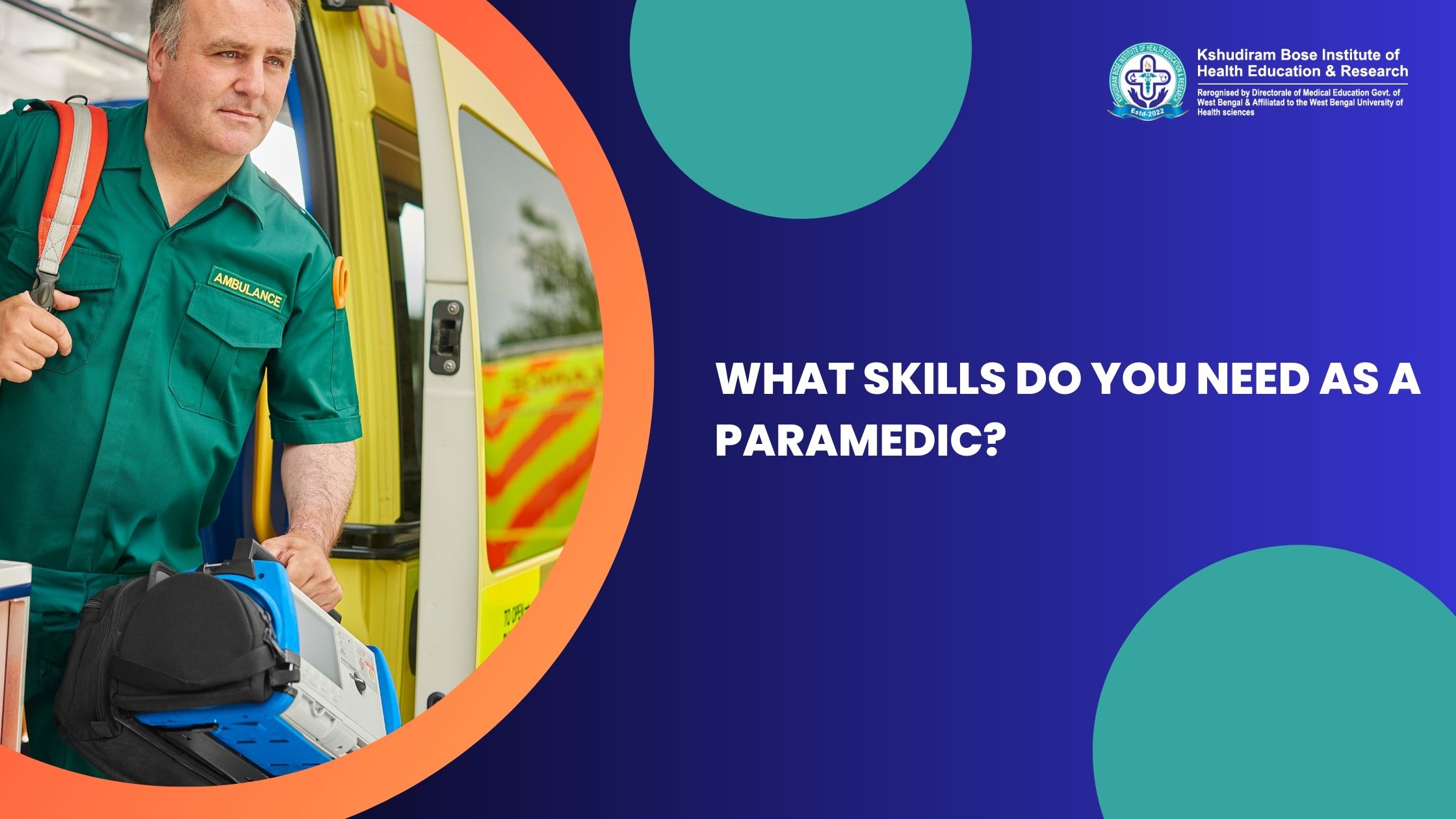
As a paramedic, you require a diverse set of skills to effectively provide emergency medical care. Here are some key skills necessary for a paramedic:
Medical Knowledge: You must have a solid understanding of anatomy, physiology, pharmacology, and various medical conditions. This knowledge helps you assess and treat patients appropriately.
Emergency Medical Skills: Paramedics need to be skilled in performing various emergency medical procedures, including cardiopulmonary resuscitation (CPR), airway management, splinting fractures, administering medications, and controlling bleeding.
Assessment and Triage: You should be able to quickly assess a patient's condition and prioritize care based on the severity of injuries or illnesses. This involves evaluating vital signs, conducting physical examinations, and making rapid decisions.
Communication: Effective communication skills are crucial to interact with patients, their families, and other healthcare professionals. You must be able to convey information clearly and compassionately, while also receiving and interpreting information accurately.
Problem-solving and Decision-making: Paramedics often encounter complex situations that require critical thinking and rapid decision-making. You must be able to analyze information, adapt to changing circumstances, and make appropriate decisions under pressure.
Emotional Resilience: Paramedics work in highly stressful and emotionally charged environments. It is essential to develop emotional resilience to cope with traumatic events, manage stress, and maintain mental well-being.
Teamwork and Collaboration: Paramedics frequently work as part of a team, alongside other healthcare providers and emergency personnel. Collaborative skills are essential for effective teamwork, coordination, and seamless patient care.
Physical Fitness: Paramedic work can be physically demanding, requiring lifting and moving patients, performing CPR, and working in challenging environments. Good physical fitness is important to meet the physical demands of the job and ensure personal safety.
Professionalism and Ethical Conduct: Paramedics must uphold high standards of professionalism, ethics, and patient confidentiality. Maintaining patient dignity, respecting cultural differences, and adhering to legal and ethical guidelines are vital aspects of the role.
Continuous Learning: The field of medicine is constantly evolving, and as a paramedic, you must engage in ongoing learning and professional development. Keeping up with advances in medical practices, new technologies, and research helps you deliver the best possible care.
These skills, combined with appropriate training and certification, enable paramedics to provide essential pre-hospital care and save lives in emergency situations.